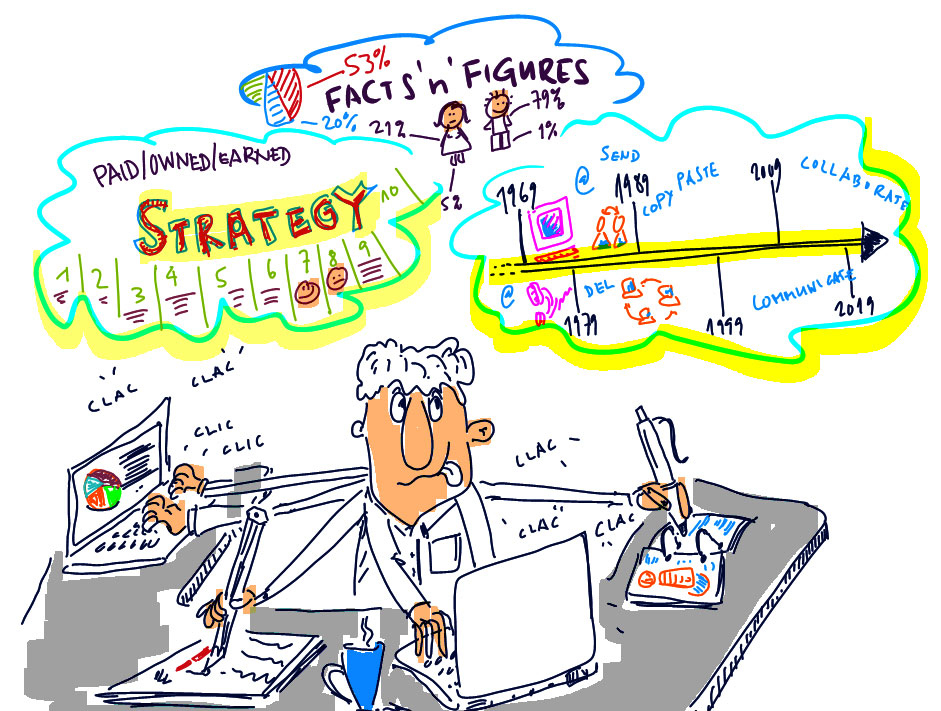
By Yvonne Milosevic
Multitasking is often poo-pooed as a productivity killer. But despite its bad rap, researchers have long wondered whether it might have an underappreciated upside. Professors Shimul Melwani of UNC Kenan-Flagler Business School and Chaitali “Tali” Kapadia of Florida International University joined forces to find out. Through lab experiments and data collection, they found that multitasking does more than boost our mental activity. It can also make us more creative.
What’s the Connection?
Melwani and Kapadia began with a model of the cognitive processes that link multitasking and creativity:
Multitasking –> Activation –> Cognitive flexibility –> Creativity
When multitasking, your brain works harder to meet the increased demand for mental resources. This activation leads to cognitive flexibility. That’s the brain’s ability to transition from thinking about one concept to another.
In one study, the researchers had 171 students take part in a business simulation. The first group of students listened to a conference call while simultaneously sending emails. A second group worked sequentially—first listening to the call and then sending the emails.
Next, they asked students to develop one creative idea for the fictional toy company discussed during the conference call. After that, Kapadia and Melwani evaluated the creativity of their ideas. The multitasking students came up with more creative ideas than those in the sequential group.
For a closer look at how this plays out in real-world environments, Kapadia and Melwani surveyed 105 food servers from 20 restaurants. Servers working the slower Tuesday and Wednesday shifts had to multitask less than they did on the busier Friday and Saturday nights.

To measure creativity, the researchers had the servers draw a space alien at the end of their shifts. They considered aliens with the least human-like traits the most creative.
Again, the servers showed more creativity after multitasking during Friday and Saturday shifts. Those higher levels of activation and cognitive flexibility boosted their creativity.
Use Multitasking to Your Advantage
When we’re working on a thorny problem, our thinking can become calcified. We hunker down and continue to spin our wheels in vain. But stepping away to focus on something else for a while is like hitting the reset button. Now, your mind becomes open to new solutions and possibilities.
“Everybody multitasks and we’re made to feel bad if we admit to doing it,” Melwani says. “This research gives us that little bit of flexibility to say, ‘There are some tasks I have to be careful about, but there also are benefits to multitasking.”


